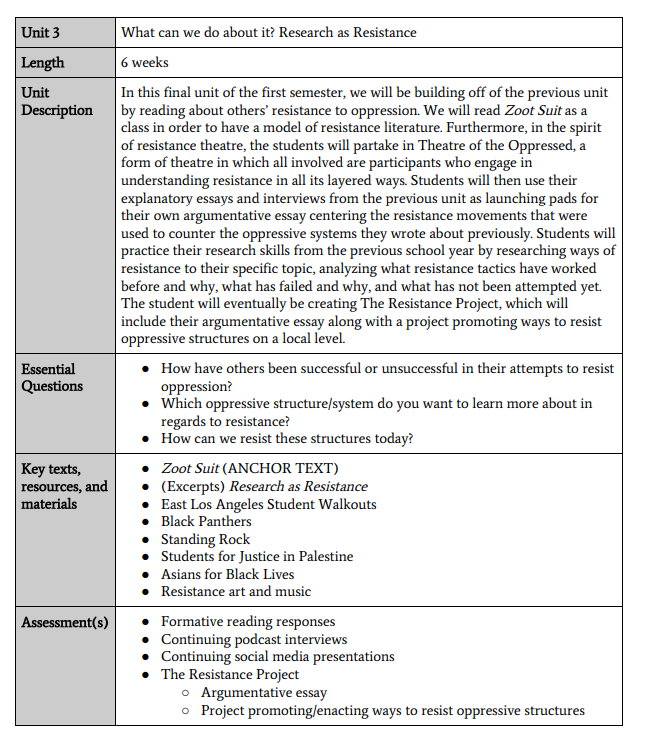
Campbell Union High School District ethnic studies course teaches students to utilize critical race theory, glorifies resistance to ‘oppression,’ and promotes student activism.
Incidents
A Campbell Union High School District ethnic studies course titled Ethnic Literature and Studies teaches 11th and 12th grade students to use a critical race theory framework, glorifies resistance to “oppression,” and promotes student activism. In November, the board approved the course for all schools in the district and acknowledging that it “meets the English 3 and 4 and Ethnic Studies graduation requirement.”
The course description states that it will “continue developing students’ analytical skills; reading, writing and speaking skills; and research methods through a critical analysis of a wide variety of historical and contemporary issues regarding race, ethnicity, and identity in the United States by utilizing fiction and non-fiction texts.” The course will also utilize “various frameworks such as critical race theory, community cultural wealth, and culturally sustaining pedagogy.”
I

The first unit of the year-long course has students working to “build a positive class culture through narratives and counternarratives.” Unit “key texts and resources” includes Critical Race Counterstories along the Chicana/Chicano Education Pipeline and the controversial “In Lak’ech” chant.


In the third unit titled “What can we do about it? Research as Resistance,” students will “be building off of the previous unit by reading about others’ resistance to oppression.” The unit also includes students participating in “Theater of the Oppressed;” which is based off the work of radical education theorist Paulo Freire’s Pedagogy of the Oppressed and is intended to promote “social and political change in alignment originally with radical-left politics.”
The unit also includes studying groups such as the Black Panthers, Asians for Black Lives, and Students for Justice in Palestine. Students will also create “The Resistance Project” which includes an “argumentative essay along with a project promoting ways to resist oppressive structures on a local level.”

In the course’s final unit, students will spend several months engaging in a “major group research project” with the intent of putting it “on college applications,” actively working to improve the community, and “to do these things using the theories and critical analysis” students learned throughout the year.

Stay Informed
